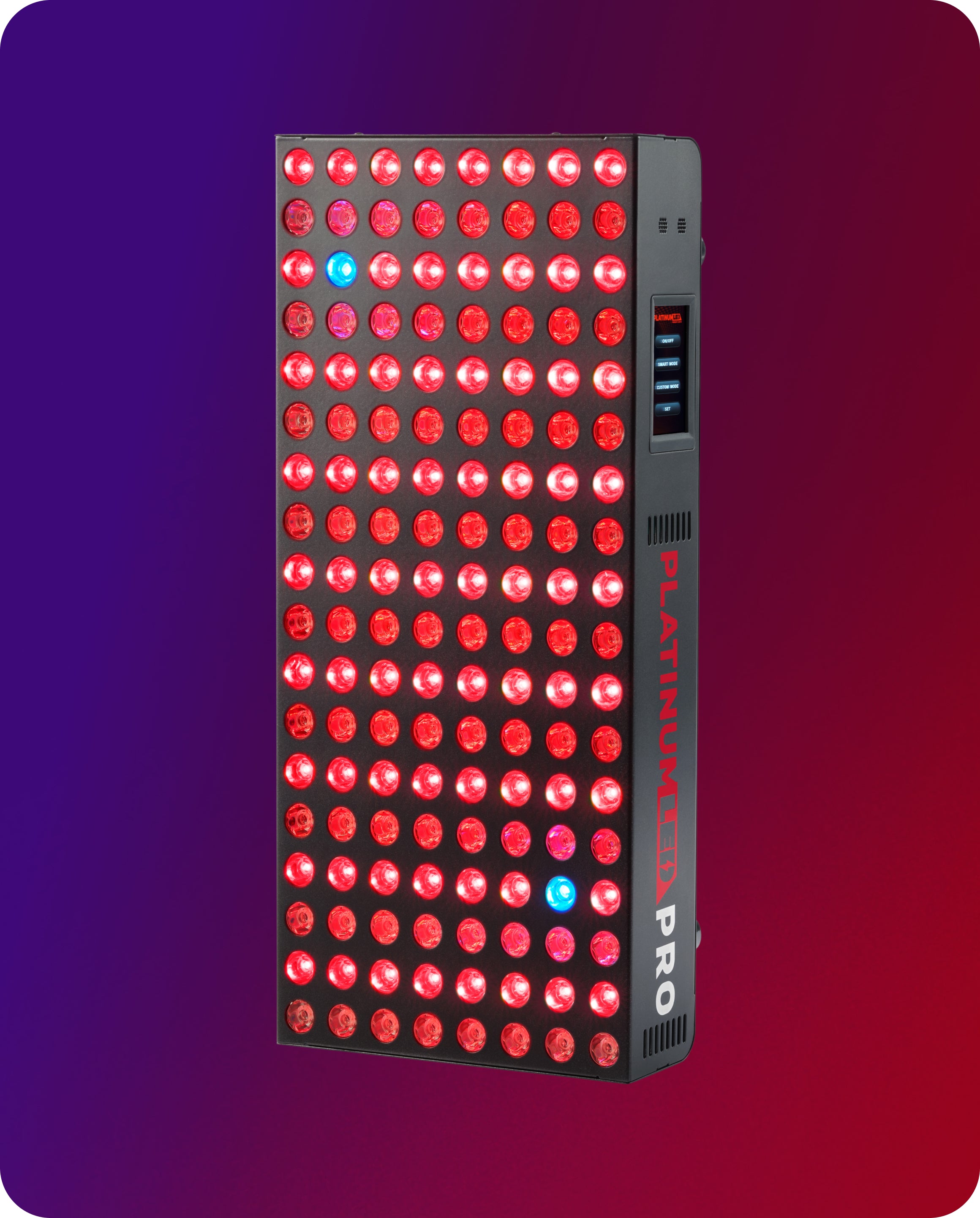
Morning, long-lifers. Here’s what’s new:
Low water intake spikes stress hormones - your body basically punishes you for skipping a glass like it’s a disappointed parent.
Turns out dehydration is just stress in a glass.
Don’t keep longer. a secret - share it with your friends!
This week in longevity:
🫧 Oxygen therapy reverses aging signs in humans
🌞 Vitamin D slows cellular aging in long trial
🦷 Keratin rebuilds tooth enamel in early tests
🥜 Almonds lower stress markers in daily snack dose
💪 Creatine boosts strength, memory, and healthy aging
Plus, more longevity breakthroughs.
Read time: 5 minutes
THIS WEEK IN LONGEVITY
🚰 Low water intake may crank up your stress hormones
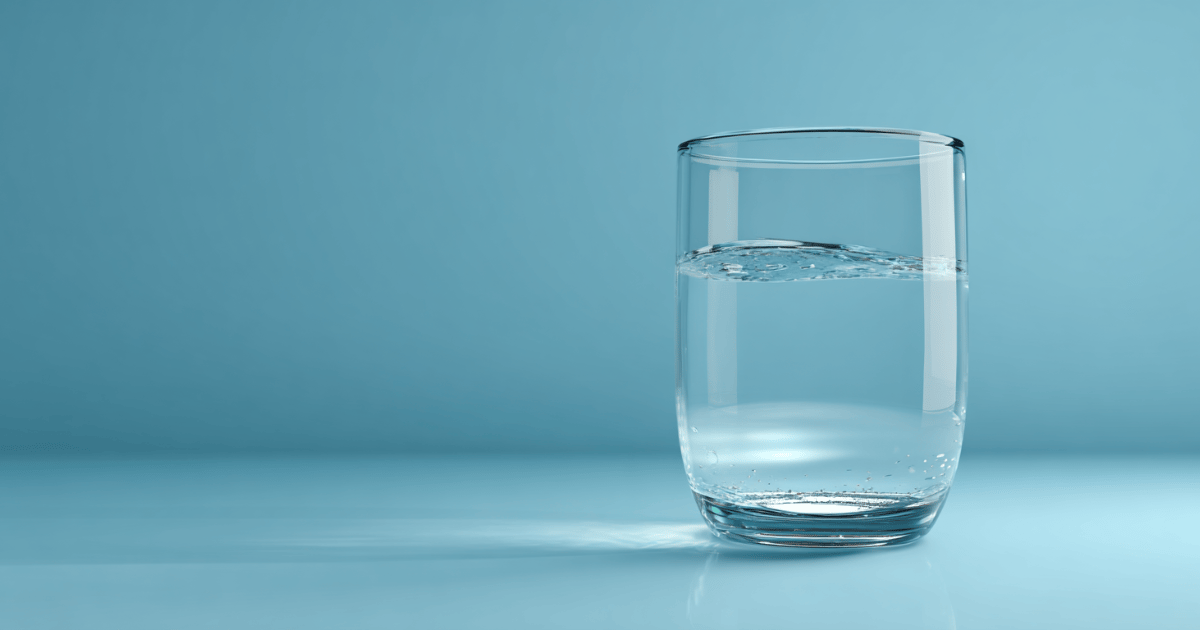
Source: Midjourney | longer.
Skip a glass of water today, and your body might make up for it with a surge of stress hormones. A new study found that adults who habitually drank less than 1.5 liters of fluid a day had cortisol (the body’s main stress hormone) spikes about 55% higher than people who drank over 4 liters. In other words: your stress system may be thirstier than you think.
What to know:
Low vs. high drinkers: Participants drinking ~1.3 L/day showed far stronger cortisol responses to stress than those drinking ~4.4 L/day.
Stress test results: Both groups felt anxious and had faster heart rates, but only the low drinkers’ cortisol spiked and stayed high.
Simple check: Darker urine (level 4+ on an 8-point chart) signaled a bigger hormonal stress surge.
The stakes: Chronic high cortisol (stress hormone) ties to inflammation, weaker immunity, and higher risk of heart and metabolic disease.
Not about chugging gallons: Recommendations hover around 2.5 L/day for men and 2 L/day for women. The study simply shows that falling well below that may prime your stress system.
Why it’s important: Cortisol helps you push through challenges, but when it stays elevated, it quietly chips away at long-term health. This study suggests that something as ordinary as daily water intake can shape how reactive your stress system is.
What this means in practice: You don’t need to down four liters, but you do want to avoid the low end. Using urine color as a guide — keeping it light rather than dark yellow — may be one of the simplest, most practical tools for moderating your body’s stress response.
MADE POSSIBLE BY PROLON
⏳ Your body needs a break — but your schedule won’t give it one.
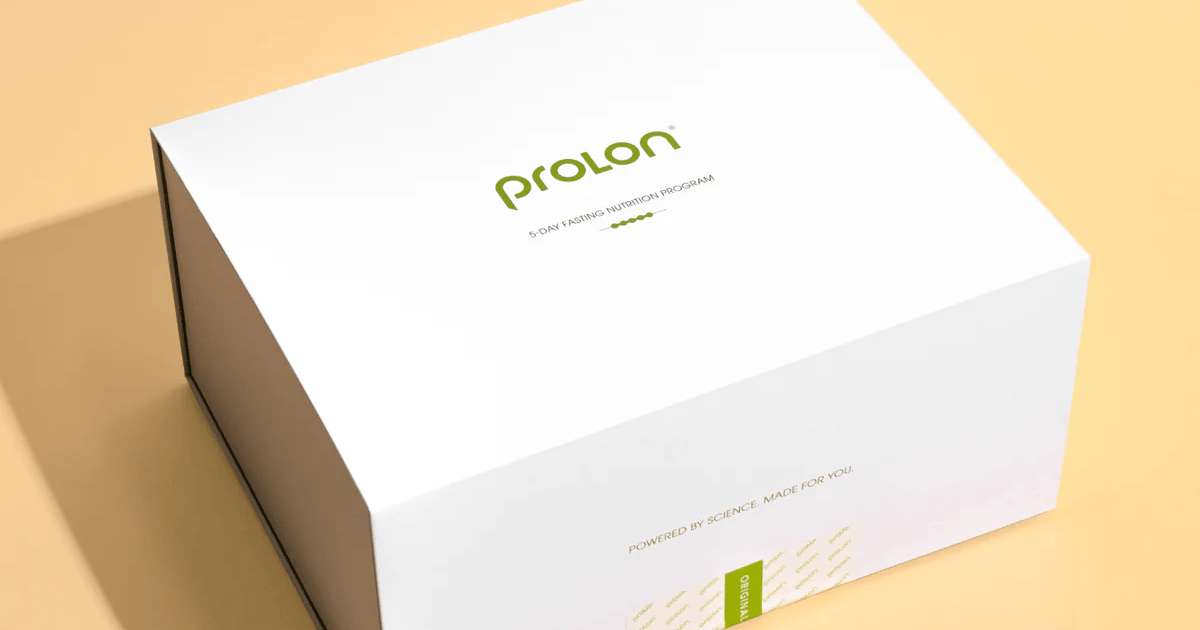
Source: Prolon
Prolon’s 5-day nutrition program mimics fasting without the hunger — helping you reset metabolism, support longevity, and feel in control again.
Clinically proven. Backed by 25+ years of research. Validated in 37 trials across 18 world-class institutions.
Summer Sale 25% Off Sitewide.
🫧 Pressurized oxygen therapy shows signs of reversing aging in humans
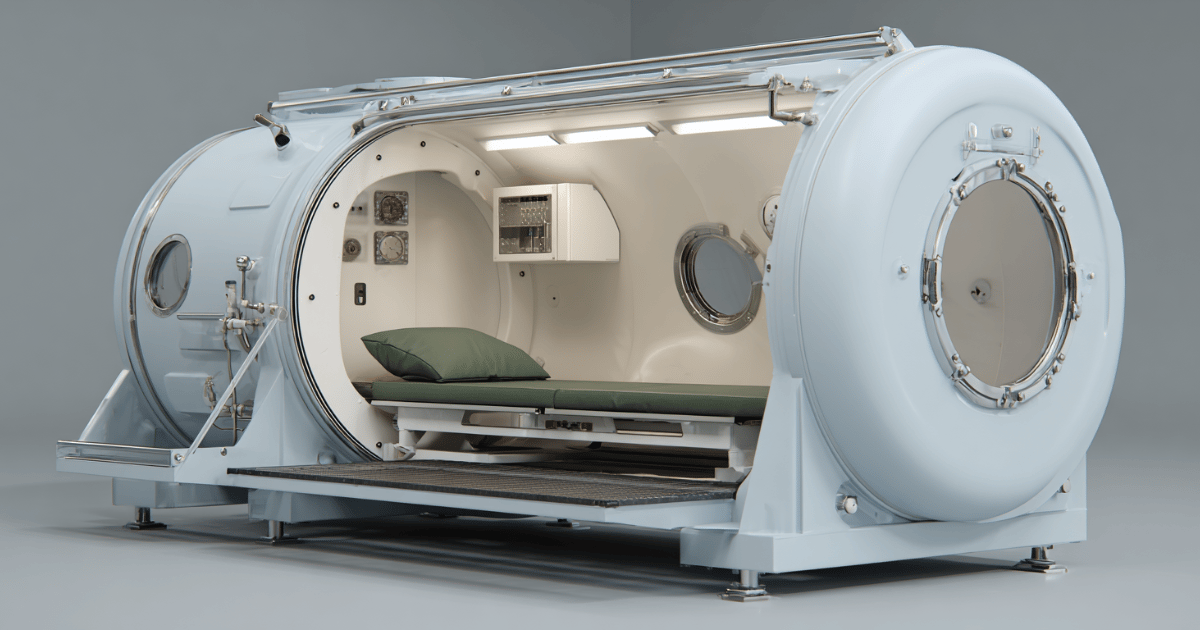
Source: Midjourney | longer.
In a small Israeli trial, older adults spent three months in hyperbaric oxygen chambers — and their cells looked younger afterward. Telomeres (the DNA “caps” that shorten with age) lengthened, while senescent cells (old, non-dividing “zombie” cells) decreased.
What to know:
The treatment: 35 adults (ages 64+) had 60 hyperbaric oxygen sessions, breathing pure oxygen in a pressurized chamber.
Two aging clocks reversed: Blood tests showed telomere growth and fewer senescent cells, both tied to biological aging.
Already in use: HBOT is approved for decompression sickness and carbon monoxide poisoning, but this is the first human study linking it to age reversal.
How it may work: Flooding tissues with oxygen paradoxically mimics low-oxygen stress (hypoxia), which activates repair pathways.
Bigger effect than lifestyle: Exercise and diet can slow telomere loss, but HBOT showed far larger changes in just three months.
Why it’s important: Telomere shortening limits how long cells can divide, while senescent cells drive inflammation and aging. Reversing both suggests aging may be more flexible than previously thought.
What this means in practice: HBOT demands hours in a pressurized chamber, so it’s not an everyday option yet. But these results could open the door to simpler, more accessible therapies that target aging at the cellular level.
💡 Want to break down a research article? Try this prompt in ChatGPT:
“Explain this in plain language. Avoid science terms. Keep it under 5 sentences. Then give 5 takeaways based only on this summary—no extra info or guesses: [Paste the article here]”
MONEY MOVES IN LONGEVITY
💰 Molecular You raises $5M to expand 250-biomarker testing, turning blood into a longevity dashboard.
💰 Aubrai debuts on Bio Protocol’s launchpad, 7.4X oversubscribed; DeSci money meets mouse lifespan bets.
💰 Lighthouse lands $49M NIA grant for Alzheimer’s bacteria trial, shining light on bugs behind brain decline.
IN THE SPOTLIGHT
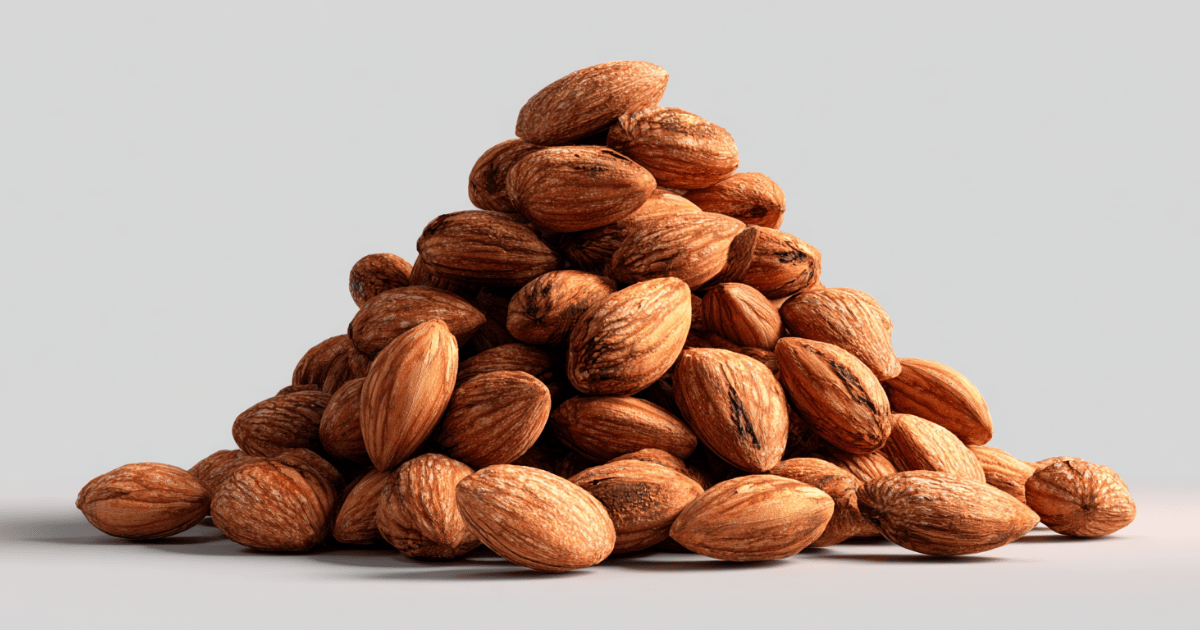
Source: Midjourney | longer.
1. Menopause accelerates biological aging
A study of over 175,000 women found that menopause speeds up biological aging, especially in the liver, kidneys, and metabolism. Earlier menopause made the effect stronger. Menopause isn’t just about hot flashes — it may mark a critical shift in how fast the body ages.
2. Hidden belly fat ages the heart
UK Biobank data show visceral fat, not overall weight, accelerates cardiovascular aging, while hip and thigh fat in women may offer protection. BMI missed the risk. It’s not about how much fat you carry, but where you carry it — and belly fat seems to be the heart’s fastest clock.
3. 22 almonds a day may slow aging stress
A review of eight studies found eating about 60 g of almonds daily reduced markers of oxidative stress and boosted antioxidant defenses. Calories still count. Turns out a small handful of almonds isn’t just a snack — it’s cellular armor that may help your body age a little more gracefully.
THE NEXT BIG THING
Life insurance meets longevity care

Source: Midjourney | longer.
Ethos has partnered with Lifeforce to bundle life insurance with biomarker testing, health protocols, and personalized coaching.
The offering includes at-home diagnostics, telehealth consultations, and a $250 credit toward Lifeforce’s health optimization package. The goal: align financial protection with proactive, evidence-based longevity care.
Future of insurance or wellness marketing?
WHAT ELSE YOU SHOULD KNOW THIS WEEK
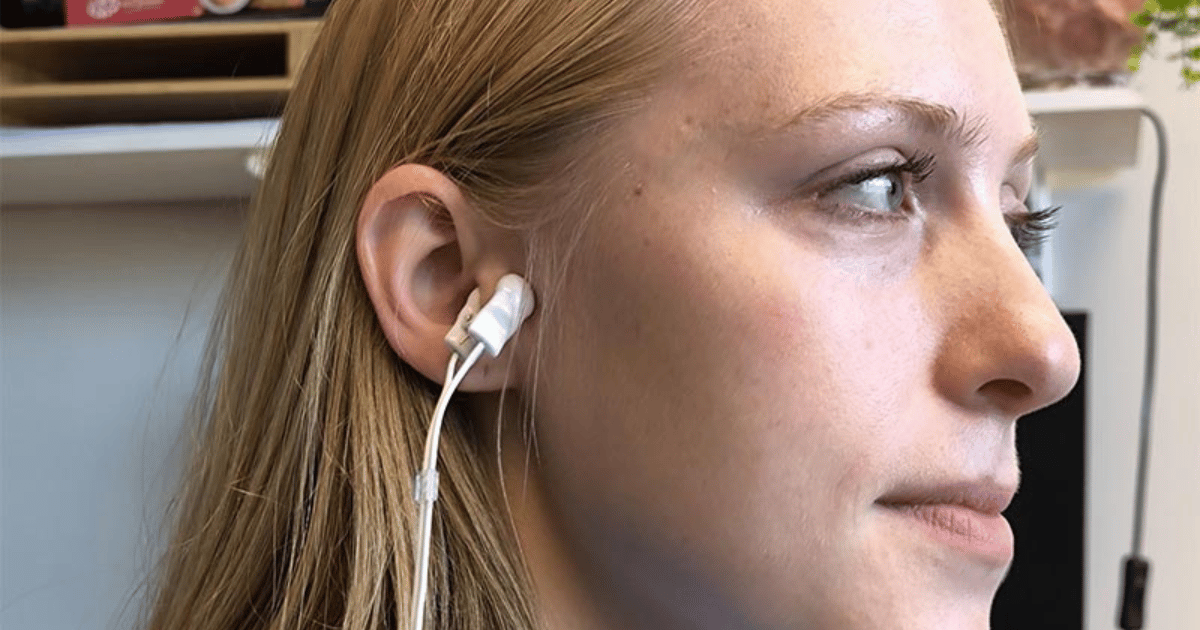
Source: University College London
🌞 Aging Shield: A massive trial found vitamin D supplements protect telomeres, the protective DNA caps that shorten with age. Over four years, users aged nearly three years slower.
🦷 Enamel Fix: Scientists found keratin, the protein in hair and wool, can rebuild tooth enamel and block sensitivity. In tests, it created a crystal-like coating that mimics natural enamel and could be in toothpaste within three years.
🧬 Organ Reset: Life Biosciences showed partial epigenetic reprogramming improved eye and liver health in animals. The therapy cut liver fat, boosted nerve repair, and enters human trials in early 2026.
🧘 Ear Boost: A UCL study found gentle electrical pulses to the vagus nerve in the ear supercharged compassion meditation. Volunteers showed faster gains in self-kindness and mindfulness compared with meditation alone.
💪 Creatine Truth: Research shows creatine boosts short bursts of strength, speed, and power by helping muscles recycle energy. It also supports muscle in older adults and may sharpen memory, especially in women.
WHAT WE’RE BOOKMARKING
📱 Social
🎧 Podcasts
📰 Articles
⚙️ Tools to Try
Thanks for reading.
What did you think of this week’s newsletter?
See you in the next issue.




